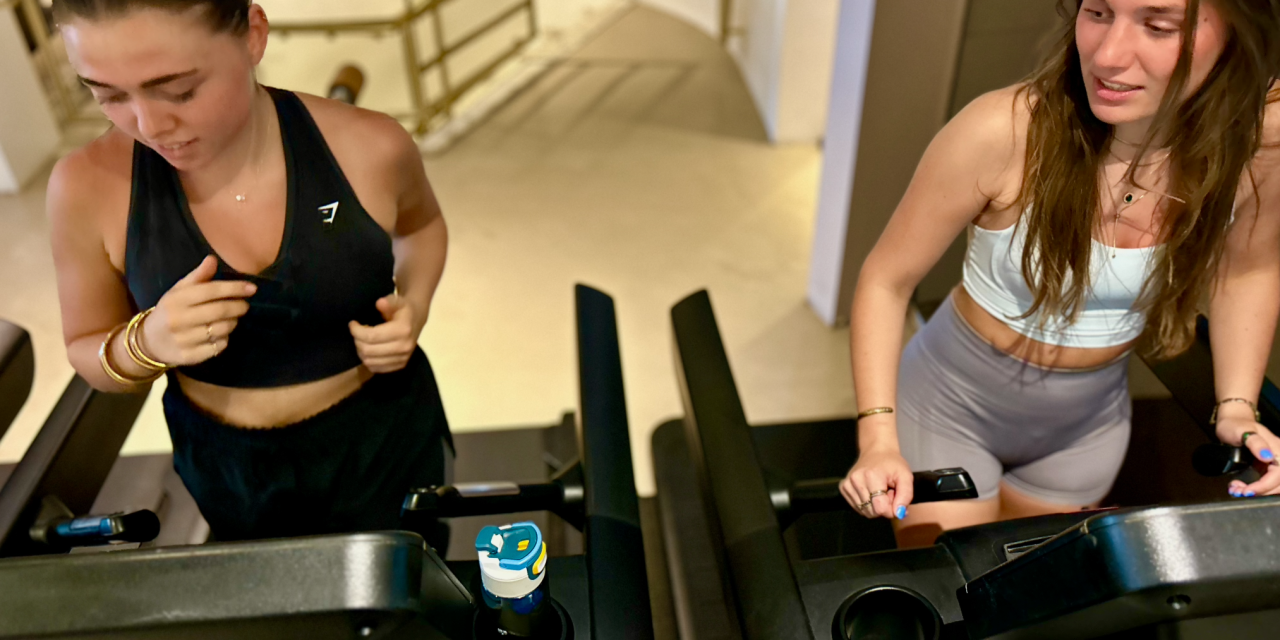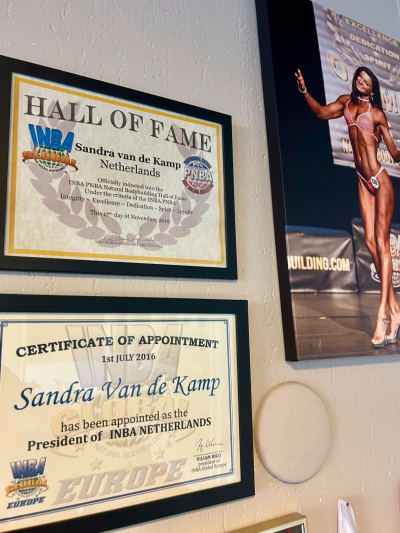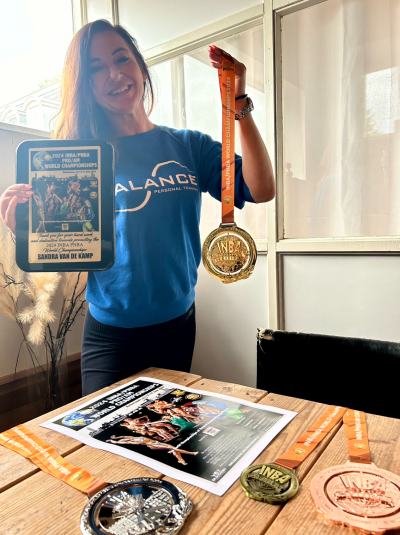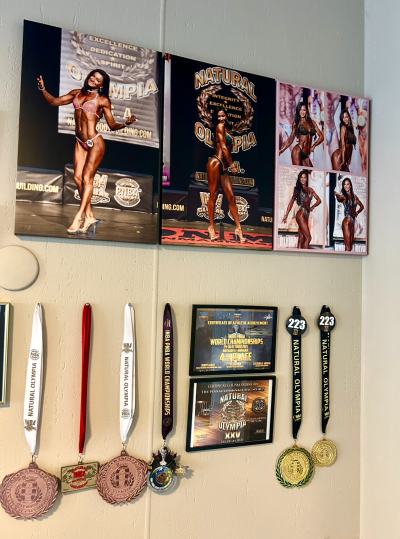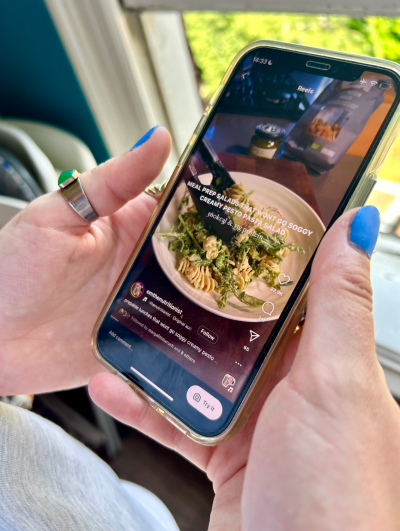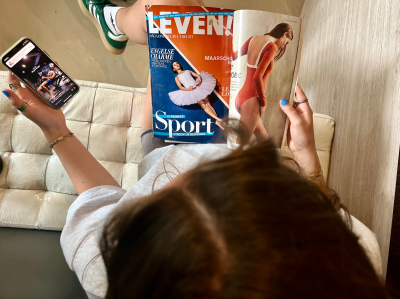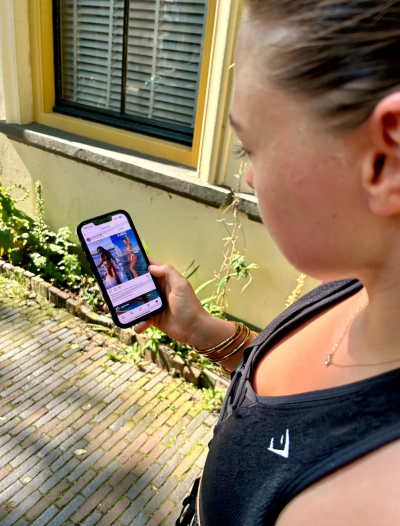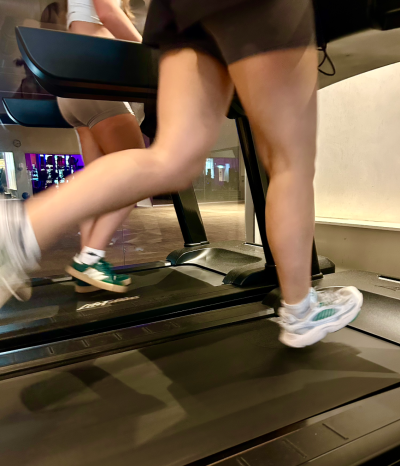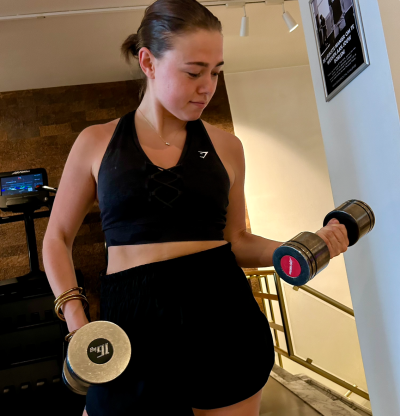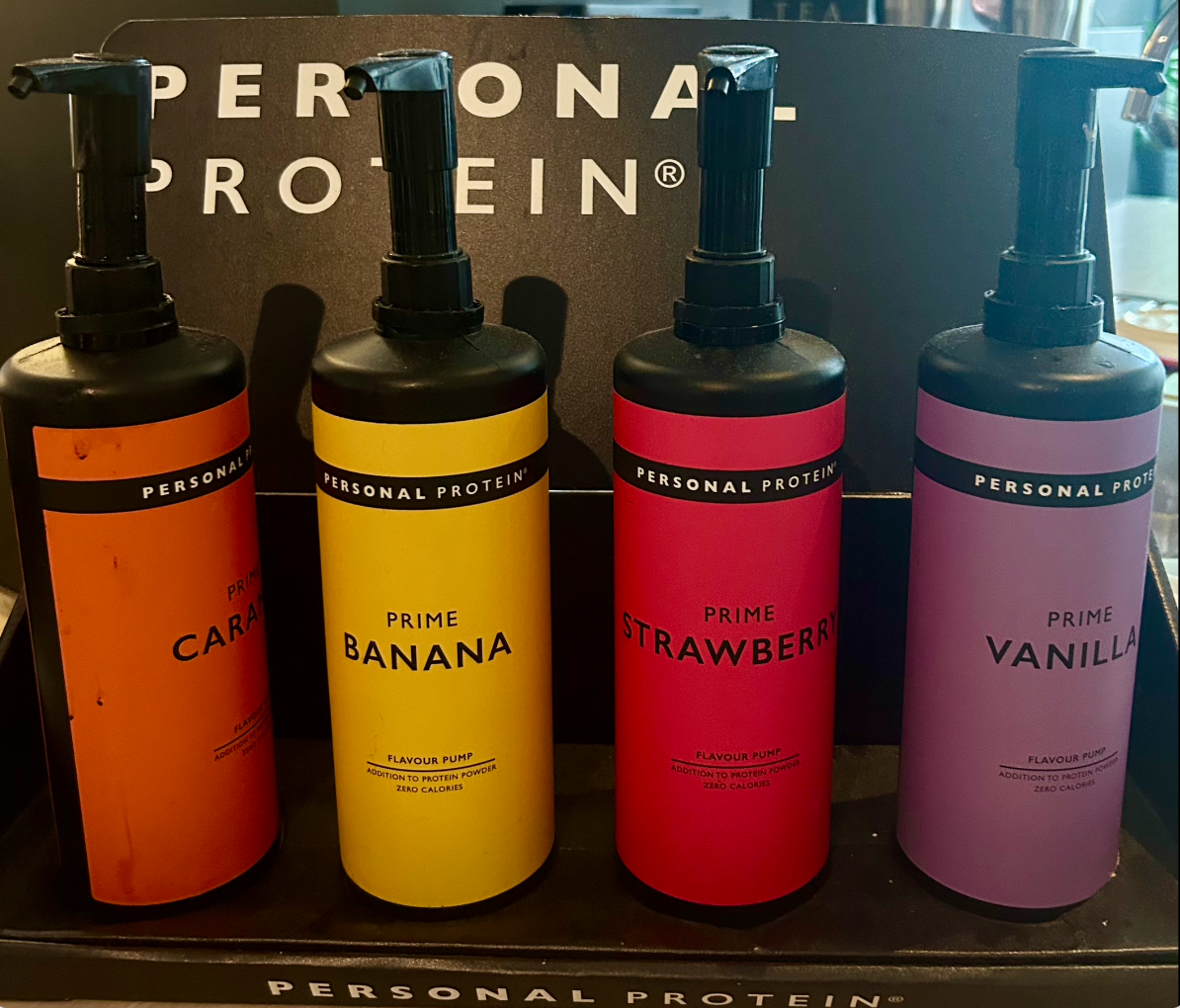Summer is here! Being in your bikini all day long! Sounds like a dream, right? For some young women, unfortunately, it does not. Being in your bikini all the time means that you are showing a lot of parts of your body. But what if you do not look like the ‘Fitgirl’ who you are following on Instagram, even though you follow her workouts strictly? Even more important, what are the mental health challenges faced by young women striving to meet the ‘fitgirl ideal’ and what will the future look like with this Fitgirl culture?
Fitgirls, they come in all different forms. Big round glutes, a tight stomach, a muscular back. And according to most of them, you can achieve this same result when you follow their workouts! “Whereas before, you could only see fitness models in magazines and really go to the bookstore especially for buying these magazines, you read the magazine and put it away after. Now Fitgirls are everywhere. This visibility everywhere also causes borders between countries to blur. Once you have looked up a particular workout on TikTok, your entire algorithm is full of Fitgirls from different kinds and countries, so you cannot easily escape them either. There are so many that you don’t even know anymore whether the picture is real or fake, and I can tell you: just about everything on social media is fake”, according to Sandra van de Kamp.
Sandra van de Kamp has been an international personal trainer for 20 years, focusing on nutrition, training and mental coaching. She is also federation president of the International Natural Bodybuilding Bond (INBA) where she coaches teams of athletes competing worldwide. Besides, she has her own gym in the Netherlands. “What I think is the worst about this trend is that these young women are giving advice on how an exercise should be done in the gym and what you achieve with it , even though most of them are not even educated on this. Of course, social media is not just a bad influence. It can also inspire and provide the right information as long as someone doesn’t go overboard and grab different bits of information from various Fitgirls together, which results in a totally wrong training schedule This causes injuries and disappointments from followers who have not achieved the results they were promised”.
According to a study by York University’s Faculty of Health, it has been proven that young women who took a social media break for just a week received a significant confidence boost and a better self-image about their bodies. Psychologist Hester Goedvolk thinks the same way. “The first thing I asked my clients during Corona was ‘where do you cut yourself?’ People are absorbed in social media in which it looks like everyone is having fun, where Fitgirls are looking beautiful and have a more toned figure. That’s how it should be because it’s cool and they have a lot of followers. Don’t you have a figure like that? Then judgment comes to yourself to become like that too. Hurting yourself to suppress the pain of not accepting yourself”. And this all started during the Corona period when people had more time to dive into social media and home workouts provided by Fitgirls.
As mentioned earlier, there are also advantages to this trend, it can actually be inspiring. “I feel like I have a goal to be in even better shape and in a better mindset than I already am. Before I started following these Fitgirl influencers, I ate less healthy and looked less in shape”, according to Misja de Levita, a Dutch young woman.
The opposite is Hanna Bäck, a young woman from Sweden: “If I compare myself to Fitgirls on social media, it seems really shallow but it makes me feel less attractive, for sure. To be fit, to me, it means to be happy, to be honest, and also to workout sometimes, but I don’t feel influenced by the Fitgirl ideal. I think it’s more prevalent in West European countries, because in general they have more money and time to spend. Therefore people spend more time in the gym and care about looking beautiful and not about surviving”.
Alongside the Fitgirl trend, another trend has arisen in recent years: the Body Positivity trend. This implies that everybody looks good, despite how fat or thin you are. For Hanna Bäck, this trend helped: “The body positivity trend really helped me, especially when I was younger, that being curvy is seen as a beautiful asset. This helped me with my self esteem and mental health”.
Both INBA president and trainer Sandra van de Kamp and Misja de Levita have negative feelings about this body positivity trend. Their opinion is that it’s not about different cultures but about your raising. It is important to look after your health and not become inspired to gain too much or too less weight, as the body positivity trend encourages.
And as for the trends, they go in waves. Social media is trendy now but, hopefully, at a certain moment we will be beyond the peak and delete those apps. This means that most online Fitgirls will become less popular and young women will look more realistically or maybe even decide to delete their Instagram and accept themselves how they are.
